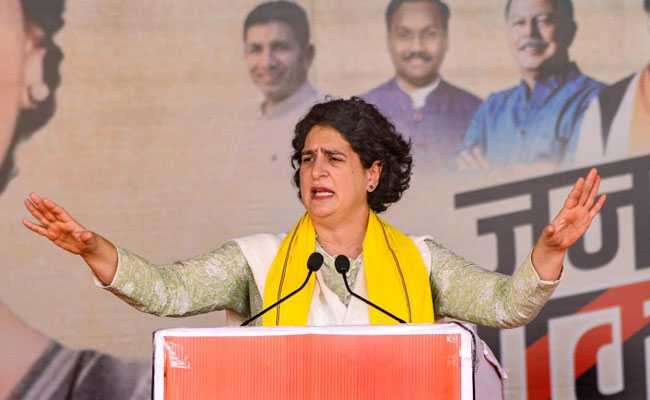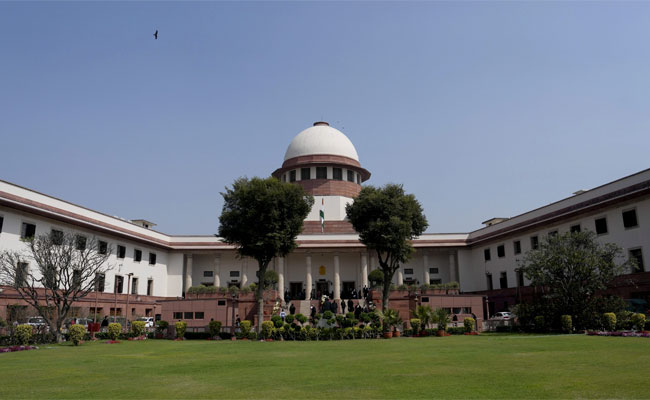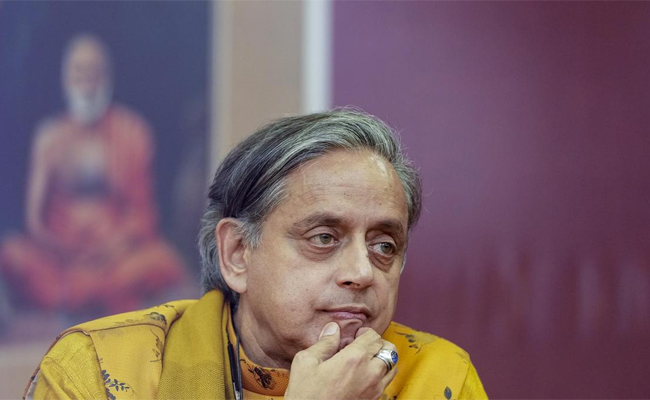Damoh (MP) (PTI): Congress general secretary Priyanka Gandhi Vadra on Saturday once again pitched for a caste census, saying the exercise was necessary to know the exact number of people from OBC, SC and ST communities in the country so that policies can be framed accordingly to provide benefits to them.
She was addressing a public meeting at Damoh in poll-bound Madhya Pradesh.
"What is the meaning of a caste census? We want to know how many people are there in the country from Other Backward Classes (OBCs), Scheduled Caste (SC) and Scheduled Tribe (ST) communities. If the government doesn't know their exact number, how will it give justice to them?" she asked.
The caste census conducted in Bihar revealed that there are 84 per cent OBCs and Dalits in the state, she said.
"But when you look at the higher posts in the country, you will find that there is no representation for them (these communities) there.
Ninety per cent of these positions do not have people from these communities. If 84 per cent people belong to this category, then they should be given representation," she said.
"When we talk about conducting a caste census, they (BJP government) turn silent, although they are organising big events...," she alleged.
On the issues of unemployment and inflation, Vadra said, "First, the government closed public sector undertakings (PSUs) and sold them to its friends. Later, it implemented demonetisation and rolled out GST which was followed by COVID-19 pandemic...All these things have broken the backbone of the people of the country."
Vadra also slammed the BJP government in the state for introducing the Ladli Behna Yojana, under which women are given financial assistance, just two months ahead of assembly elections.
"Do you consider them (women) fools and think that they don't understand all these things? What have they (BJP) done in the last 18 years of being in power?" Gandhi asked.
In the last three years, the BJP government in the state provided only 21 jobs, despite the fact that a large number of posts, including those of doctors and police, are lying vacant, she claimed.
Due to lack of development in the Bundelkhand region of the state, a large number of people migrated from this area in search of jobs, she said.
Gandhi advised people to become aware so that they can fight for their rights, and urged them to vote for the Congress for their better future.
The rally was held to campaign for Congress candidate and sitting MLA Ajay Tandon. The ruling Bharatiya Janata Party (BJP) has fielded former finance minister Jayant Malaiya from this seat.
Let the Truth be known. If you read VB and like VB, please be a VB Supporter and Help us deliver the Truth to one and all.
New Delhi (PTI): The Supreme Court on Wednesday took suo motu cognisance of the contents of the class 8 NCERT textbook referring to corruption in the judiciary and termed it a matter of "grave concern."
A bench comprising Chief Justice Surya Kant and Justices Joymalya Bagchi and Vipul M Pancholi was urged by senior advocate Kapil Sibal that "children of class 8 are taught about corruption in the judiciary. This is a matter of grave concern."
The CJI said, "I will not allow anybody to defame the institution. Law will take its course."
He added, "As head of the institution, I have done my duty and have taken cognisance … This seems to be a calculated move. I won't say much."
Justice Bagchi said the book seemed to be against the basic structure of the Constitution.
The CJI said, "Please wait for a few days. Bar and Bench all are perturbed. All high court judges are perturbed. I will take up the matter suo motu. I will not allow anybody to defame the institution. Law will take its course."
Later, Justice Kant said that the top court has taken suo motu cognisance of the matter.
Corruption, massive backlog of cases, and lack of an adequate number of judges are among the "challenges" faced by the judicial system, according to the new social science NCERT textbook for class 8.
The section "corruption in the judiciary" in the new book states that judges are bound by a code of conduct that governs not only their behaviour in court, but also how they conduct themselves outside it.





